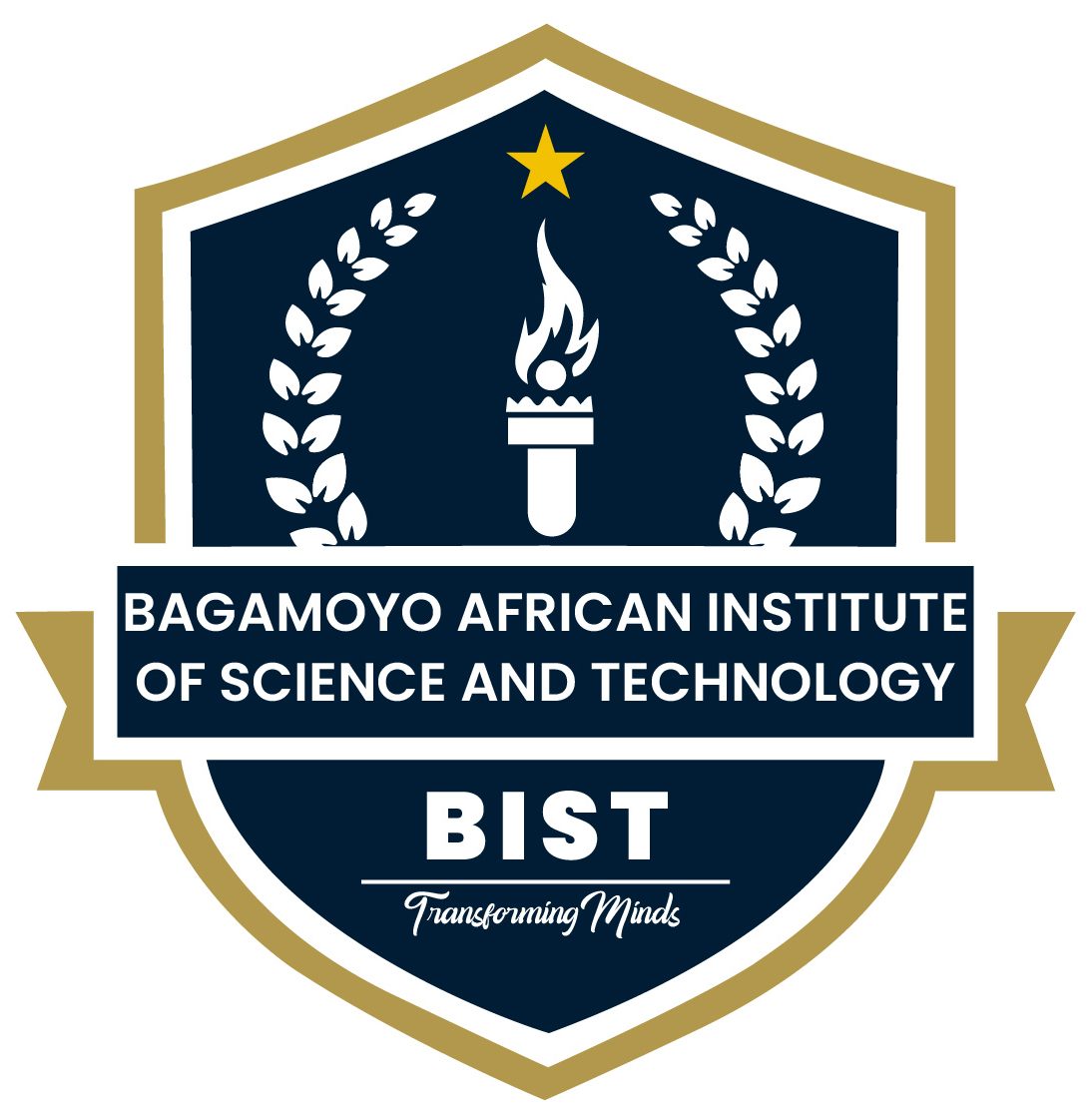AGRICULTURE SCIENCE
The agricultural sciences and technology are usually seen to encompass the plant, animal and food sciences, soil science, agricultural engineering and entomology. In addition, in many research institutions related fields such as agricultural economics, rural sociology, human nutrition, forestry, fisheries, and home economics are included as well. The agricultural sciences have been studied by historians, economists, sociologists, and philosophers. Most of the early work in Science and Technology Studies focused on physics, said to be the model for the sciences. Unlike the agricultural sciences, theoretical physics appeared disconnected from any clear social or economic interests. Indeed, one early study of the agricultural sciences described them as deviant in that they did not follow the norms found in physics (Storer 1980). Prior to the 1970s studies of the agricultural sciences tended to be apologetic and uncritical. Then, critical historical, economic, sociological, and philosophical studies of the agricultural sciences began to emerge. These studies built on earlier work that was not within the purview of what is usually called STS. Moreover, despite attempts to incorporate perspectives from this field, it would be an exaggeration to say that studies of the agricultural sciences form an integrated body of knowledge. Indeed, fragmentation has been and remains the rule with respect to theoretical frameworks, research questions, and methods employed
